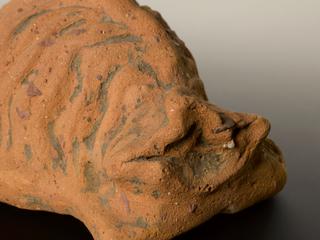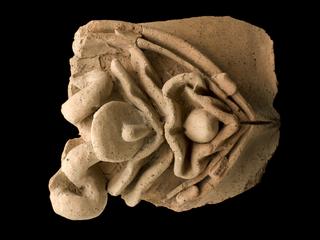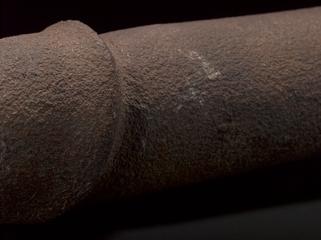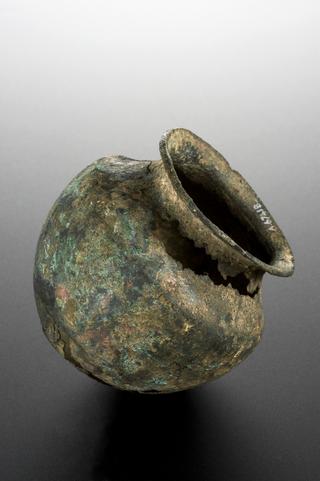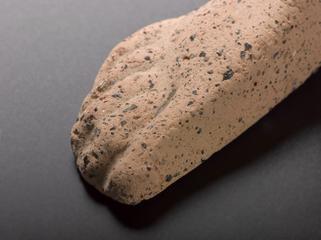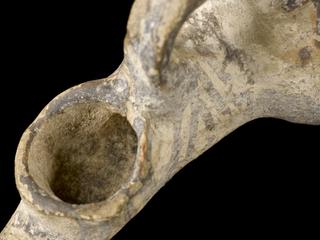
Feeding bottle or drinking cup
- Made:
- unknown place










Feeding bottle, or drinking cup earthenware, with spout in the form of a dogs head, Islamic
While their design has changed significantly, infant feeding bottles have been a familiar part of family life throughout time. This example is made of earthenware, which is a porous material that can harbour bacteria. Chemical analysis of ancient feeding bottles has shown that animal milk was often used in them, however it’s not possible to know whether this was used as an alternative to breast milk or as part of weaning.
How babies are fed – whether with formula, animal or breast milk (or a combination of these) – has varied hugely across time and place. Different cultures have had their own understandings of how best to care for babies, which is reflected in the popularity of many feeding practices throughout history. However, the ultimate goal remains the same: healthy and thriving babies and children.
Details
- Category:
- Classical & Medieval Medicine
- Collection:
- Sir Henry Wellcome's Museum Collection
- Object Number:
- A240598
- Materials:
- earthenware, unglazed
- Measurements:
-
overall: 53 mm x 122 mm x 108 mm, .088 kg
- type:
- feeding bottle
- credit:
- Monsalli and Salhani
